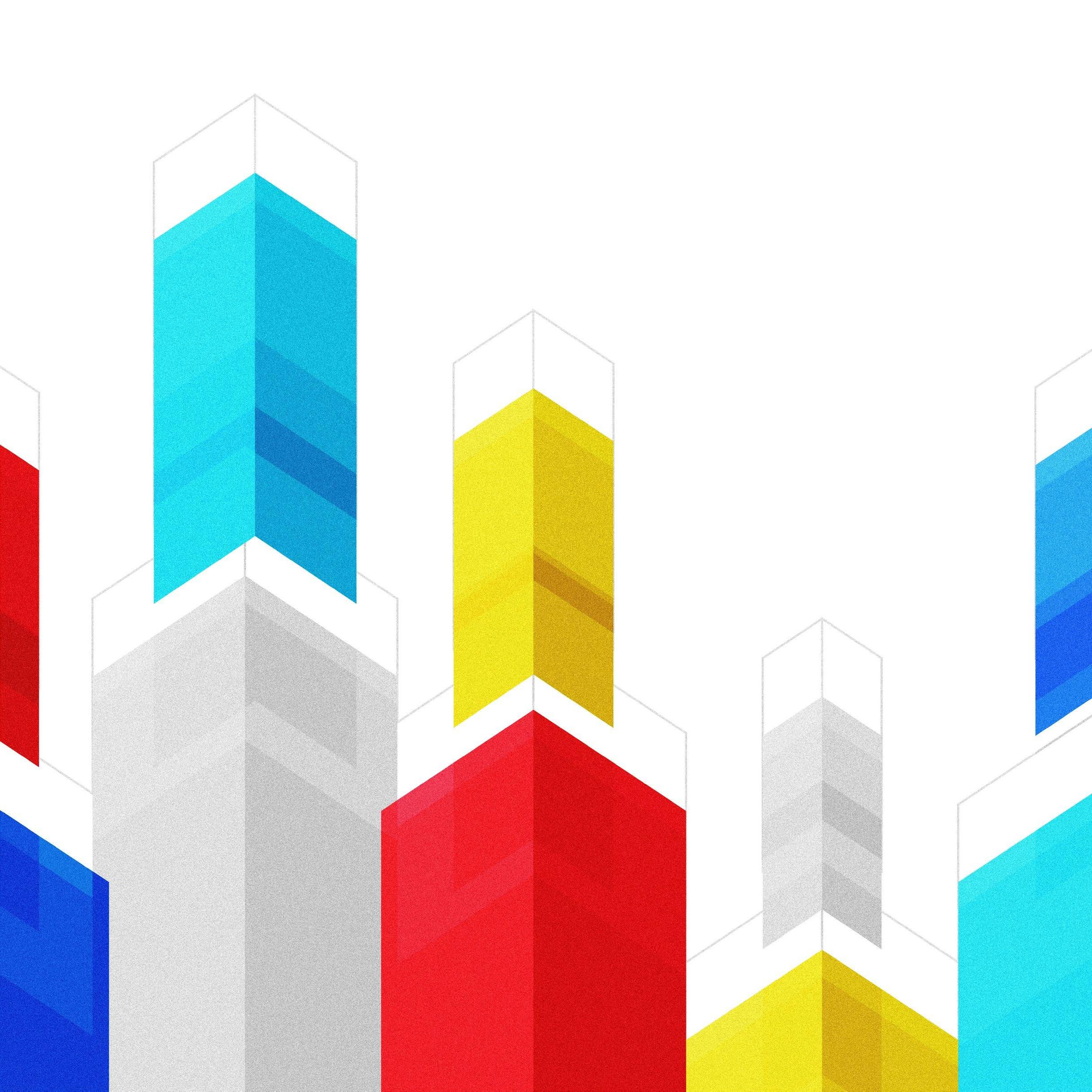Culture in the Implementation of the 2030 Agenda: A Report by the Culture 2030 Goal Campaign
1.2.3_ We Are All Committed: Policies and Activities of the Members of this Campaign While UNESCO, as the intergovernmental agency mandated by the UN to deal with cultural affairs, provides the fundamental framework for integrating culture and development, other international organizations working in culture-related fields, notably the members of the Culture Goal Campaign (the declaration of which was endorsed by over 900 organizations and thousands of citizens from 120 countries), are fully committed to cultural development and are making important contributions to the body of cultural policy and advocacy. Some of these are highlighted below. United Cities and Local Governments (UCLG) has been a major actor in the cultural policy field, through activities of its Culture Committee (Agenda 21 for Culture). The work of the UCLG Committee on Culture builds on its founding documents, the Agenda 21 for culture (2004) and Culture 21 Actions (2015). Both these documents connect culture and sustainable development at the local level and may be seen to provide guidance for cities aiming to understand how cultural aspects may be aligned with the SDGs. Furthermore, the policy statement Culture: Fourth Pillar of Sustainable Development (2010), adopted by the UCLG World Congress, entails the engagement of local governments across the world with the integration of cultural aspects in all approaches to sustainable development. This involves both the adoption of solid cultural policies and the inclusion of a cultural dimension in all public policies and development strategies. Following its involvement in the #culture2015goal campaign, the UCLG Committee on Culture placed the issue of culture in the 2030 Agenda and beyond in the programme of the last two UCLG Culture Summits, held in Jeju in 2017 and Buenos Aires in 2019, involving several of the networks that had taken part in the previous campaign, but also trying to build bridges with civil society networks in other areas (e.g. gender, housing, environment). Plenary and parallel sessions were held to discuss how to strengthen the consideration of culture in the 2030 Agenda and ensure that future sustainable development agendas devote more attention to culture explicitly (using the #culture2030goal hashtag to this end). In 2018, UCLG published the document Culture in the Sustainable Development Goals: A Guide for Local Action, which argues that cultural aspects will be essential to achieve the SDGs, even if this is not made explicit (“cultural aspects will play a pivotal role for the overall 2030 Agenda to be successful, including in areas where connections may only be implicit”), and that it is particularly at the local level where this connection can be observed. To this end, the Guide explains how culture is relevant to each of the 17 SDGs and what measures may be adopted to contribute to the SDGs at the local level, providing many good practices. The Guide was made available as a draft in mid 2017 and open for consultation, which served to identify more examples. Several of the examples included in the Guide come from the Obs database of good practices on culture and sustainable development, an online repository of examples from across the world on how local cultural policies are related to sustainable development. Since 2018, projects available in this database can be searched on the basis of several criteria, including the connection with each of the 17 SDGs. The database currently includes over 140 projects, with many more in preparation - it is expected to reach 200 by late 2019. Many of the good practices included in the ‘Obs’ are drawn from successive editions of the biennial International Award UCLG - Mexico City - Culture 21, an initiative that aims to recognize cities and individuals who have contributed to the appreciation of the place of culture in sustainable development. Recent editions of the Award require candidate cities to explain how the projects they submit are related to global agendas, including the SDGs. This serves, among others, to raise awareness of the connections between culture and the SDGs.
15









